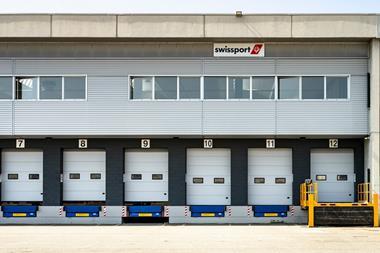Research carried out by global mobile satellite communications provider Inmarsat suggests that the Internet of Things (IoT) has a “pivotal” role in helping the transport and logistics sector to reduce its carbon footprint.
With 95% of companies in the sector using IoT technologies as part of their environmental sustainability efforts, the report (entitled The Future of IoT in Enterprise) found that 44% of respondents are prioritising environmental monitoring through the use of IoT – and 15% of those surveyed have already improved their environmental sustainability as a direct result of IoT deployment.
Inmarsat Enterprise director of transport Mike Holdsworth said: “The International Transport Forum estimates that heightening travel demands could see global carbon dioxide (CO2) emissions from transport increase by 60% by 2050, a figure that is based on the assumption of significant progress with the adoption of greener technologies. Without such progress, that figure is expected to be considerably higher.
“The transport industry needs to get smarter if the sector is to successfully accommodate these changes and limit its impact on the environment, and it is clear that many are putting their hopes in IoT to help them achieve that.”
Holdsworth said CO2 emissions can be exacerbated by faulty equipment, engine damage or poor route planning, for instance. IoT can address these issues as smart telematics devices, diagnostic sensors and accelerometers gather engine status data and automatically notify fleet managers of damage or faults. That information can be used to reduce fuel wastage and emissions, thereby improving the lifespan of vehicles.
He continued: “There are multiple opportunities for businesses from collecting, storing and analysing real-time data from crowdsourcing or sensors located in vehicles and machinery across their supply chain and it will be invaluable for those who hope to reduce their carbon footprint.”










